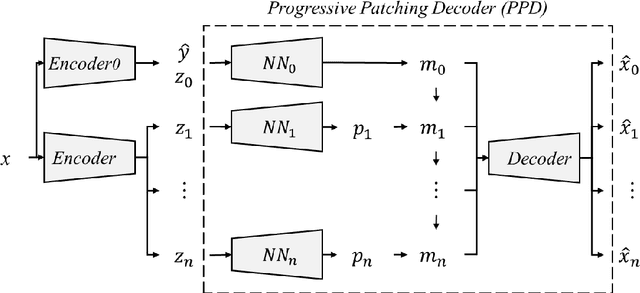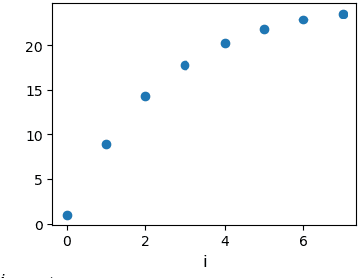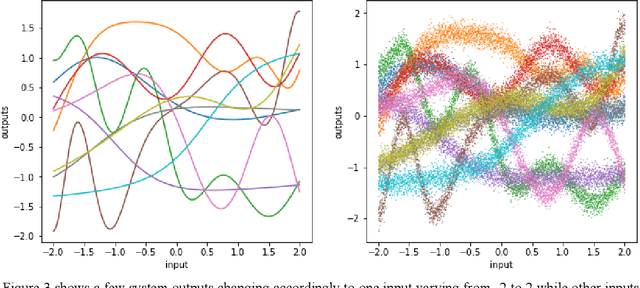Kun Feng
Unveiling the Landscape of Clinical Depression Assessment: From Behavioral Signatures to Psychiatric Reasoning
Aug 06, 2025Abstract:Depression is a widespread mental disorder that affects millions worldwide. While automated depression assessment shows promise, most studies rely on limited or non-clinically validated data, and often prioritize complex model design over real-world effectiveness. In this paper, we aim to unveil the landscape of clinical depression assessment. We introduce C-MIND, a clinical neuropsychiatric multimodal diagnosis dataset collected over two years from real hospital visits. Each participant completes three structured psychiatric tasks and receives a final diagnosis from expert clinicians, with informative audio, video, transcript, and functional near-infrared spectroscopy (fNIRS) signals recorded. Using C-MIND, we first analyze behavioral signatures relevant to diagnosis. We train a range of classical models to quantify how different tasks and modalities contribute to diagnostic performance, and dissect the effectiveness of their combinations. We then explore whether LLMs can perform psychiatric reasoning like clinicians and identify their clear limitations in realistic clinical settings. In response, we propose to guide the reasoning process with clinical expertise and consistently improves LLM diagnostic performance by up to 10% in Macro-F1 score. We aim to build an infrastructure for clinical depression assessment from both data and algorithmic perspectives, enabling C-MIND to facilitate grounded and reliable research for mental healthcare.
Full Encoder: Make Autoencoders Learn Like PCA
Mar 25, 2021



Abstract:While the beta-VAE family is aiming to find disentangled representations and acquire human-interpretable generative factors, like what an ICA does in the linear domain, we propose Full Encoder: a novel unified autoencoder framework as a correspondence to PCA in the non-linear domain. The idea is to train an autoencoder with one latent variable first, then involve more latent variables progressively to refine the reconstruction results. The latent variables acquired with Full Encoder is stable and robust, as they always learn the same representation regardless the network initial states. Full Encoder can be used to determine the degrees of freedom in a non-linear system, and is useful for data compression or anomaly detection. Full Encoder can also be combined with beta-VAE framework to sort out the importance of the generative factors, providing more insights for non-linear system analysis. We created a toy dataset with a non-linear system to test the Full Encoder and compare its results to VAE and beta-VAE's results.
 Add to Chrome
Add to Chrome Add to Firefox
Add to Firefox Add to Edge
Add to Edge